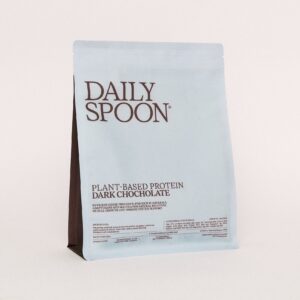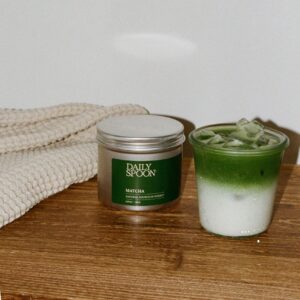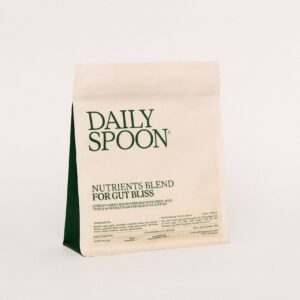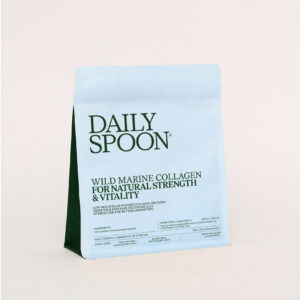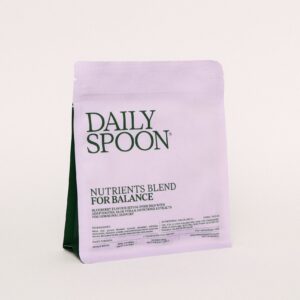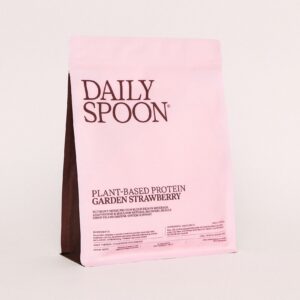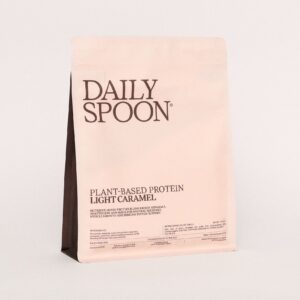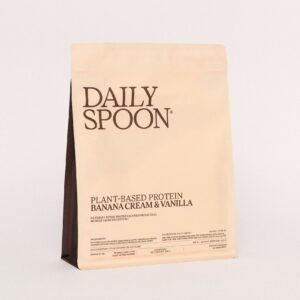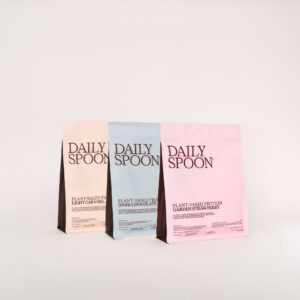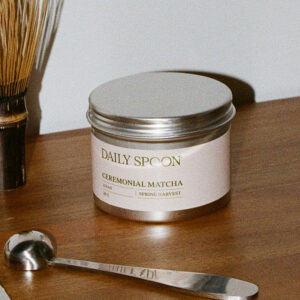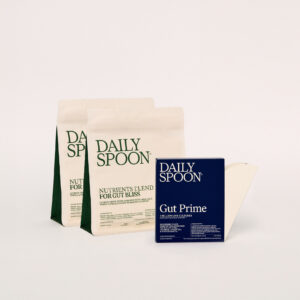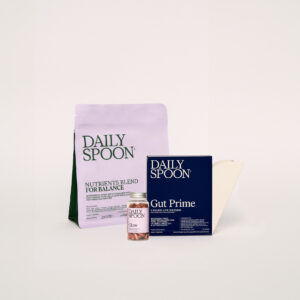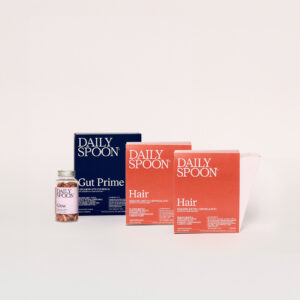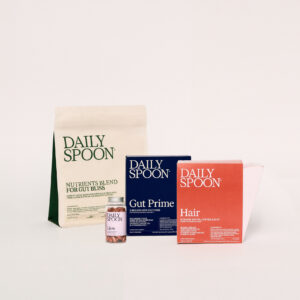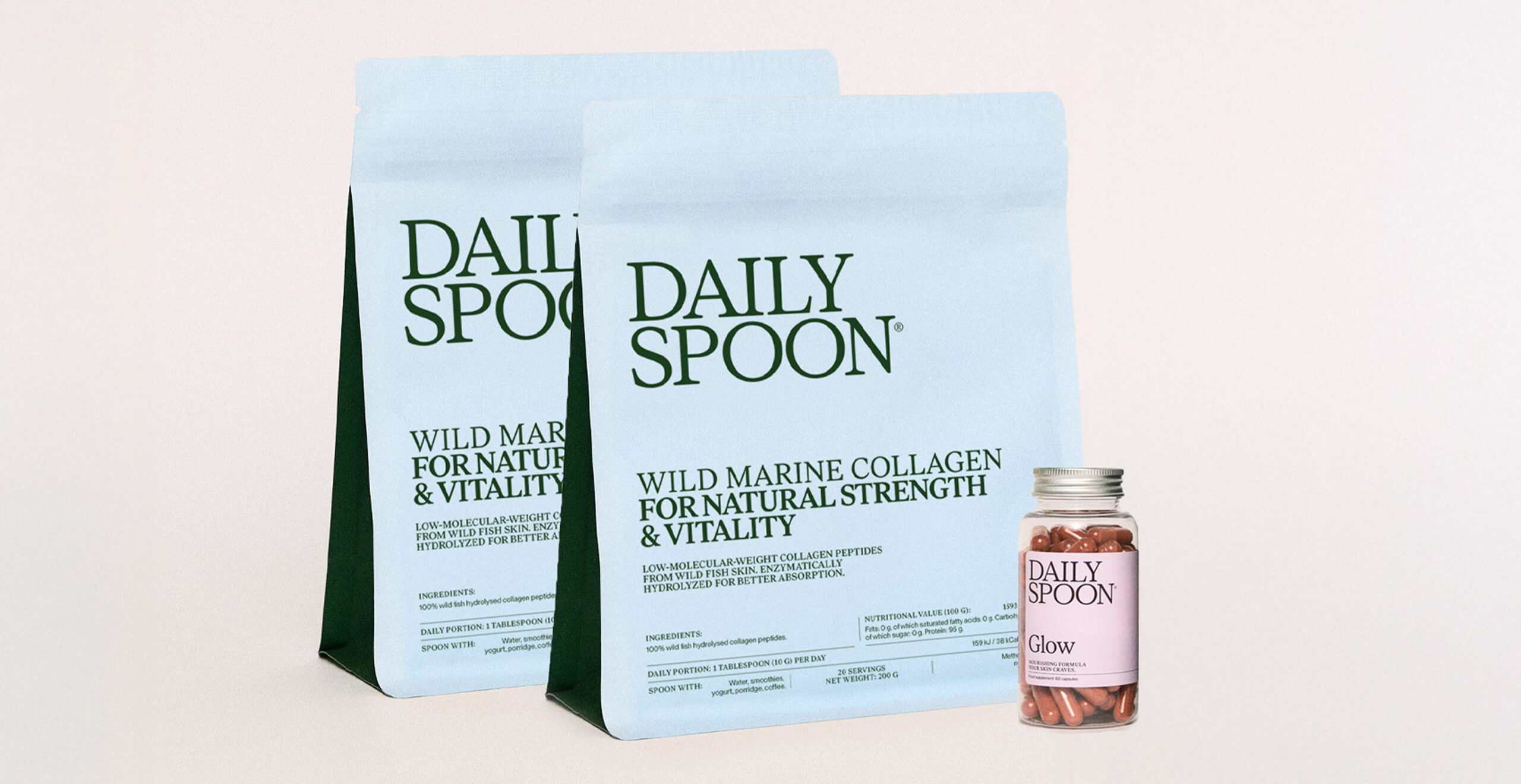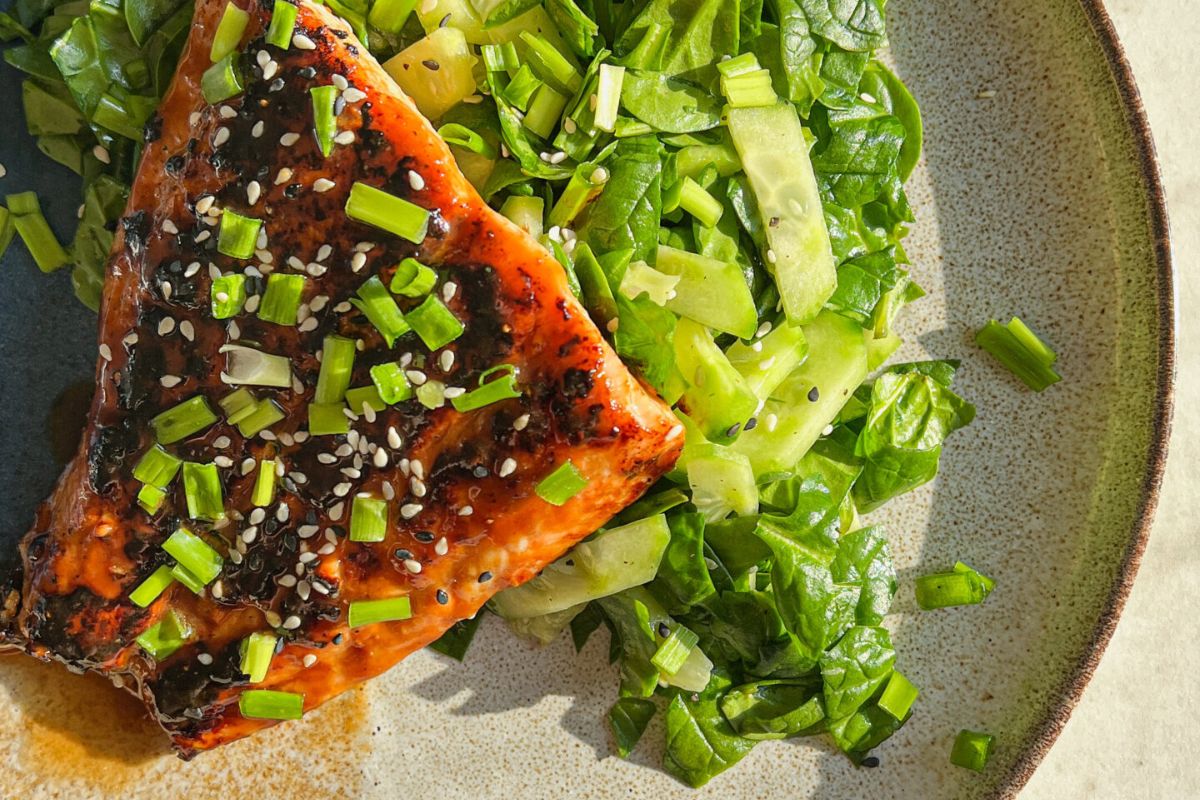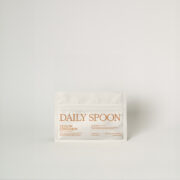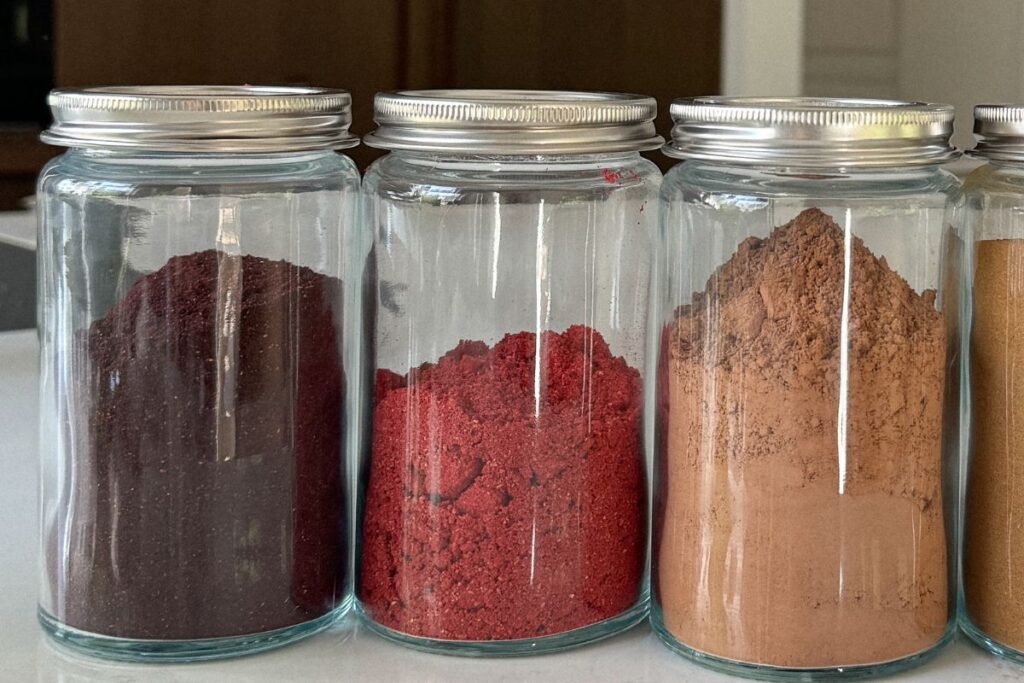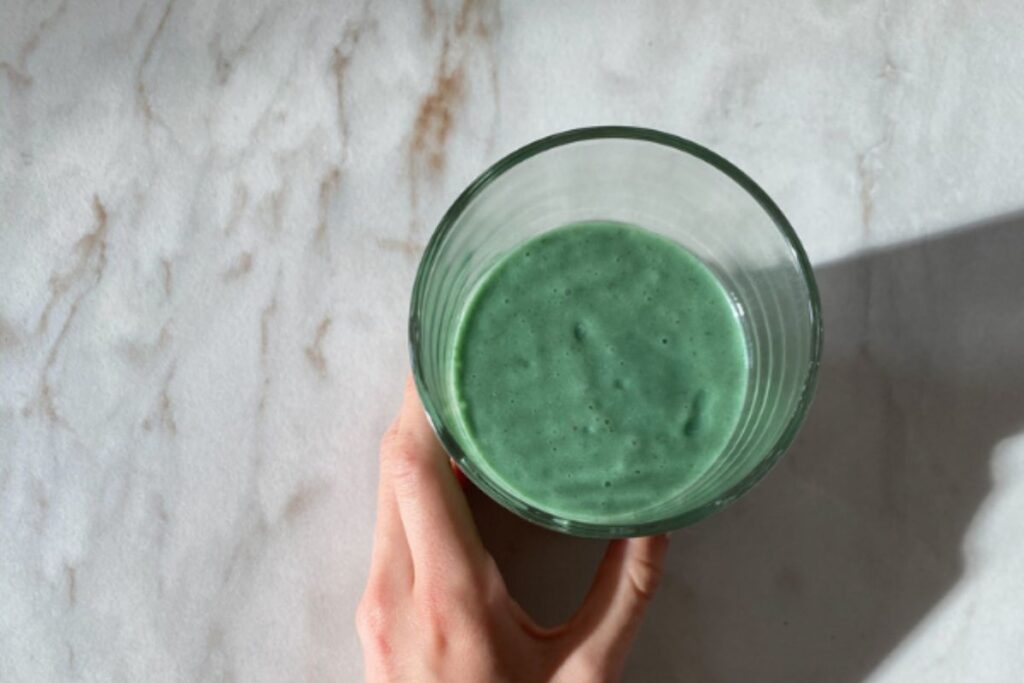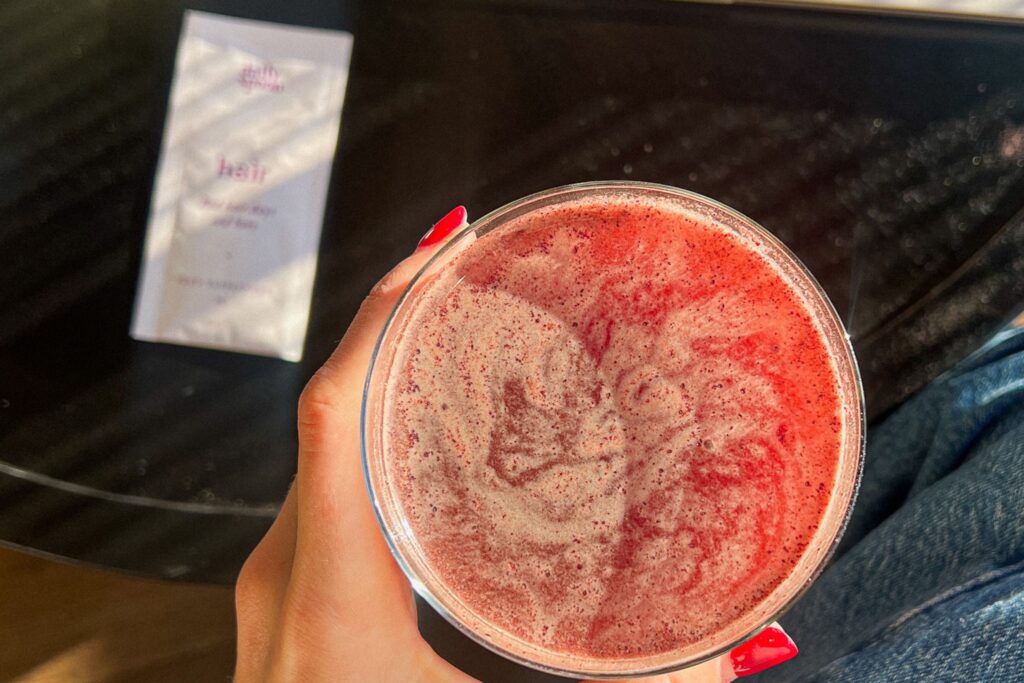Spices and herbs have been used for centuries for both culinary and medicinal purposes. As well as enhancing the taste, aroma and colour of food and drink, spices can protect against or reduce the risk of acute and chronic diseases. The use of spices and herbs in medicine is increasingly being considered. Numerous studies have shown that spices and herbs have antioxidant, anti-inflammatory, anticancer, glucose- and cholesterol-lowering, cognitive and mood-enhancing properties. Research over the last decade has shown that their bioactive constituents, including sulphur-containing compounds, tannins, alkaloids, phenolics and vitamins, especially flavonoids and polyphenols, have a wide range of health-promoting properties. Spices and herbs such as cloves, rosemary, sage, oregano and cinnamon are excellent sources of antioxidants rich in phenolic compounds.
TOP 10 herbs and spices
Turmeric
The curcumin in turmeric is the main health-boosting compound, and turmeric itself forms the base of curry. It is anti-inflammatory and therefore helps to reduce the risk of almost all degenerative diseases, especially in the brain, heart and nervous system. There is evidence to suggest that the lower prevalence of Alzheimer’s disease in India (compared to the USA) and East Asia (compared to Europe) may be linked to the higher consumption of turmeric. This is based on the ability of curcumin to cross the blood-brain barrier and exert a variety of neuroprotective effects. Curcumin is also a potent antioxidant, which means that it provides double protection against disease. Studies show that it is 5-10 times more potent than vitamins C and E when it comes to destroying free radicals.
Ceylon cinnamon
When you think of this spice, think of blood sugar. It is one of the best things you can add to your diet to improve insulin sensitivity and glycaemic control. One study looked at the effect of cinnamon on fasting blood glucose levels in type 2 diabetics and found that fasting blood glucose levels were reduced by 10-29%. An easy way to incorporate cinnamon into your diet is to add it to coffee or tea. This will easily get you into the range of 1-3 grams per day (1-2 teaspoons). Cinnamon is also an excellent spice for flavouring other foods. The popular and interesting combination of sweet potato and this spice will stimulate your taste buds without raising your blood sugar. And if you’re still short of ideas, check out our Ceylon cinnamon recipes in the DailySpoon recipe section.
Garlic
Garlic is like an insurance policy. It protects you from colds and other illnesses and improves the overall health of the digestive tract, where illnesses start. A regular dose of garlic keeps the gut in balance by killing yeast and pathogenic bacteria and feeding the beneficial microbes that help keep us healthy. Onions and shallots do the same thing, but garlic stands out for its allicin content. Allicin is a compound that is only released when garlic cloves are crushed or smashed, so eat it fresh if possible.
Cayenne pepper
This spice comes from small red and green peppers. It is best known for its ability to activate the metabolism and blood. High levels of capsaicin increase energy expenditure and dilate blood vessels. But the real benefit of capsaicin-containing spices is their ability to control hunger. This is probably the most important factor in all the positive studies on fat loss. In one study, 25 men and women of normal weight were divided into two groups. One group was given one gram of red pepper spice and the other group was given none. The spice group had a slightly higher body temperature and energy expenditure, a significantly lower appetite and a significantly lower willingness to eat fatty, salty and sugary foods. It is important to note that pungent spices can also cause some gastrointestinal upset. So if you already have a stomach problem or suspect you might have one, it would be wise to avoid them for the time being.
Ginger
Ginger is best known for its anti-inflammatory properties. It helps calm the muscles of the digestive system and reduces nausea. There are also many studies showing that ginger is beneficial for arthritic pain and muscle aches, which is not surprising given its anti-inflammatory properties. It also provides a high dose of antioxidants, so you can expect to be protected against disease, especially of the brain and heart. Ginger is also known as an emmenagogue. Regular consumption of ginger can reduce menstrual problems.
Cloves
Looking at the common herbs and spices listed here, ground cloves actually have the highest ORAC value – a measure of antioxidant status – with some indices suggesting that it is almost double that of oregano, which is next on the list in grams. Cloves are excellent for digestion, as they essentially ‘warm the stomach’ and stimulate the body to release gastric acid, which is essential for the proper digestion of food and absorption of the nutrients it contains. Cloves also have antimicrobial, antifungal and antiviral properties that disarm potential pathogens and strengthen the immune and digestive systems. Contrary to popular belief, a lack of stomach acid is the cause of heartburn, indigestion and other gastrointestinal problems for many people.
Kumin
This is another popular curry ingredient that adds a delicious taco flavour to Mexican dishes. It is thought to aid digestion, fight bacteria and protect against oxidation. It can also reduce blood sugar and glycation and boost the immune response.
Cardamom
It is one of the best digestive aids. Its potent oil kills pathogenic bacteria in the mouth and possibly in the intestines, and it supports better oxygen and blood flow. As well as being used in tea or sweet dishes, cardamom pods can also be chewed, as is done in India to combat bad breath and to clean the fibrous coating of the teeth a little.
Fennel seeds
This cooling spice also helps with digestion and bad breath. The essential oils in fennel seeds help prevent infection and relax the stomach muscles. Fennel soothes an irritated digestive tract and prevents bacterial growth and infection. It is also a rich source of antioxidants. One analysis identified 23 bioflavonoid or phenolic-rich compounds in an essential oil made from crushed seeds.
Black pepper
Black pepper is the most widely traded and consumed spice, but often very little is known about its benefits. However, if we knew more about its benefits, we would be more likely to combine pepper with other spices, as better absorption of other nutrients is a key characteristic. Think of black pepper as a spice that complements other spices.
Anise
Anise, also known as Pimpinella anisum, is a member of the same family as carrots, celery and parsley. Although aniseed is consumed in relatively small quantities, each serving contains a number of important micronutrients. It contains small amounts of manganese, a key mineral that acts as an antioxidant and is essential for metabolism and development. Aniseed is thought to mimic the effects of oestrogen in the body and may therefore reduce menopausal symptoms. Some studies also suggest that the active ingredient in aniseed (anethole) may help control blood sugar levels.
It is important to note that disease prevention depends on diet, lifestyle and genetics, not on a single food, no matter how nutritious it is. While herbs and spices can indeed reduce oxidation, inflammation and other disease-causing factors, other factors that affect our bodies and our health should also be taken into account. Therefore, spices and herbs alone should not be relied upon as the main means of prevention or treatment.

